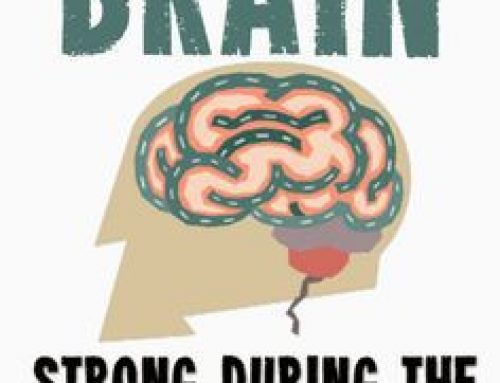
How easy it is to ask for help for a physical need such as drowning in a pool. Unfortunately, many of us see asking for help for other needs as a weakness. But is it a weakness?
Asking for help is really a strength, not a weakness. It shows vulnerability and a growth mindset, in that you are open to learning and progressing in all areas of your life. It indicates that you are aware that you may need some assistance in an area of your life where you are uncomfortable or unsatisfied. It also shows that you have a desire to improve your life in a certain area. You realize that you are not an expert in all areas. Nobody can have strengths in every area; so, it is essential to know when and how to ask for help.
Avoid being embarrassed about asking for help by asking for help in a private, comfortable manner. Professionals at the top of their fields often enlist the help of coaches, therapists, and other experts. By getting an objective point of view and getting the expertise they need, they are are able to get “out of their head” and make real progress. Nobody can be an expert at everything in their personal or business life.
By overcoming the stigma of asking for help, you will be more confident and open to change. Most people are flattered when you ask them for help because you are acknowledging their expertise in a certain field. So, you receive the help you need and the person whom you ask feels complimented that you felt that they knew something that you didn’t know. It’s a total win-win. Receiving and giving help is good for both people’s self- esteem.
When to ask for help
- When you have tried to understand something and taken some steps on your own an you are just not making progress.
- After you have check with the other person to see if it is a good time for them
How to Ask for Help
- Politely – be cognizant of the time restraints of the of the other person
- Be very specific as far as what you need help with, details of the problem or project, and deadlines.
- Be sure to show appreciation to the person who helped you by thanking them or possibly publicly acknowledging them or presenting them with a gift.
What Not Asking for Help Gets You:
- Frustration
- Analysis-Paralysis
- Depression
- Circular Thinking
- No Solutions
What Asking for Help Gets You:
- New Ideas
- An Objective Point of View
- Hope
- Growth Mindset
- Accomplishment
- An Opportunity to Make Someone Else Feel Valued
- More Confidence and Better Self-Esteem
As you can see, asking for help is advantageous. Why be stuck, when you can enlist the help of someone else to figure out what to do next. Most people take it as a compliment to be asked for advice. Remember, next time, you may be in a position to be someone else’s lifeline.
When it comes to mental health, it really breaks my heart to see people struggling, not prioritizing their mental health needs, and not seeking help. Don’t wait until you are at the bottom of the pool to ask for help! Ask for help before your problems become a crisis. Pay attention to your feelings, your happiness, and satisfaction in life. Without happiness and satisfaction in life, your possessions, what you do, and where you go are meaningless.
If you need help facing the challenges in your life, contact me.
Original content by Kathleen A. Matchunis, B.A., M.S., Certified Life Coach and author of “Positive Parenting- A Guide for Engaging and Connecting with Your Child”. Website: www.connectinginc.net FB: www.facebook.com/connectinginc FB Lives: Thursdays at Noon
Tel. 954 294 9708

